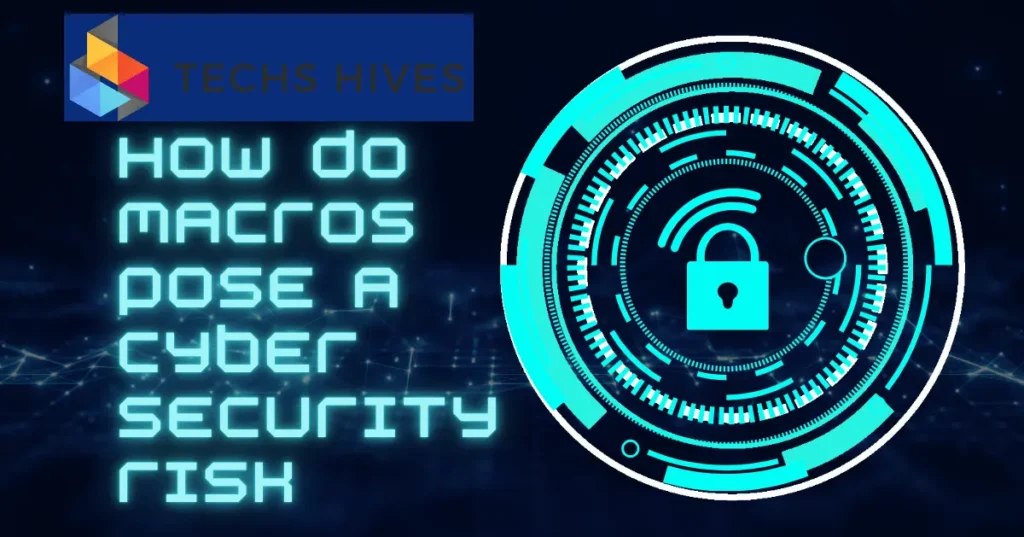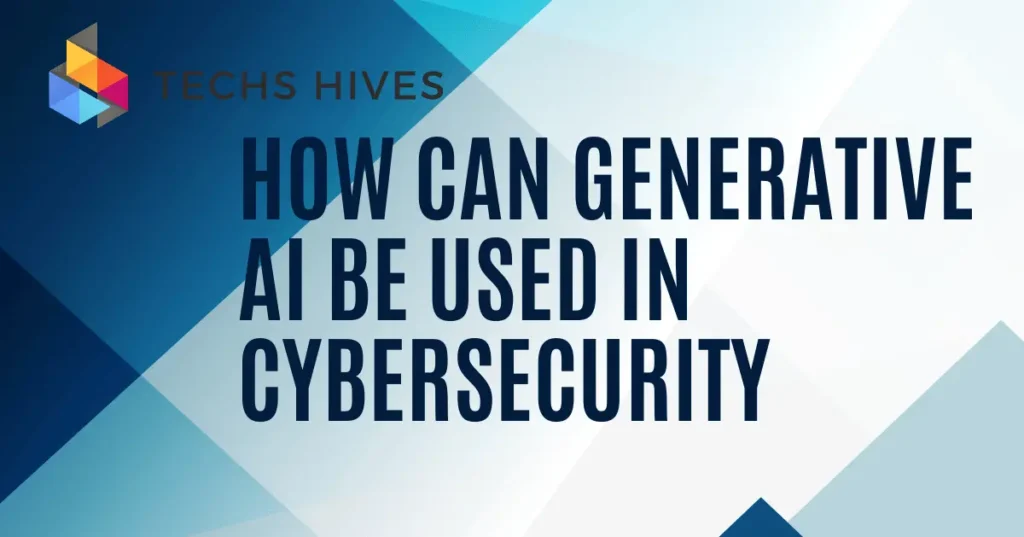Cyber security is a vital field focused on protecting computers, networks, and data from attacks. With the rise of technology, cyber threats have also increased. Hackers and cybercriminals constantly look for ways to steal information or disrupt services. Cyber security professionals work to prevent these threats and ensure the safety of digital systems. Their role is crucial for businesses, governments, and individuals.
A cyber security degree is important for anyone looking to enter this field. It provides the necessary knowledge and skills to tackle cyber threats effectively. Graduates learn about network security, encryption, and risk management. This degree opens many job opportunities, as companies need skilled workers to protect their information.
Table of Contents
Career Paths in Cyber Security
Network Security Specialist
This role focuses on protecting an organization’s networks from threats and vulnerabilities. Specialists are responsible for monitoring network traffic, configuring firewalls, and implementing security protocols. They also conduct regular assessments to identify weaknesses and respond to security incidents, ensuring data integrity and availability.
Information Security Analyst
Information security analysts play a critical role in safeguarding sensitive data. They assess security policies, conduct risk assessments, and monitor systems for potential breaches. Analysts also create incident response plans, ensuring the organization can react quickly to security threats, and stay updated on the latest cyber threats and trends.
Penetration Tester (Ethical Hacker)
Penetration testers are ethical hackers who simulate cyber attacks to find vulnerabilities in systems before malicious actors can exploit them. They use various tools and techniques to perform thorough assessments, documenting their findings and providing recommendations to strengthen security measures. Their work is essential for proactive risk management.
Security Consultant
Security consultants offer expert advice to organizations on improving their overall security strategies. They conduct comprehensive audits, analyze current security practices, and recommend solutions tailored to the organization’s needs. Consultants stay abreast of industry trends and compliance requirements to ensure their clients maintain a robust security posture.
Cyber Security Manager
This leadership role involves overseeing an organization’s entire cyber security strategy and team. Cyber security managers develop and implement security policies, coordinate incident response efforts, and ensure compliance with regulations and industry standards. They also play a crucial role in training staff on security awareness and best practices, fostering a culture of security within the organization.
You can also read how to get into cyber security with no experience.
Industry Applications
Cyber security professionals can find opportunities across various industries, each with specific applications and needs.
Government Agencies
Government organizations are prime targets for cyber attacks due to the sensitive nature of their data. Cyber security professionals in this sector protect national security information, manage security for critical infrastructure, and ensure compliance with regulations. They also respond to incidents that could threaten public safety and national interests.
Financial Services
The financial industry, including banks and investment firms, handles vast amounts of sensitive personal and financial data. Cyber security experts in this field work to prevent fraud, protect customer information, and ensure secure transactions. They implement stringent security measures and monitor systems to detect and respond to potential threats quickly.
Healthcare Sector
With the increasing digitization of health records and patient data, the healthcare industry is vulnerable to cyber threats. Cyber security professionals help safeguard sensitive medical information, ensuring compliance with regulations like HIPAA. They also protect medical devices connected to networks and respond to incidents that could compromise patient safety.
Technology Companies
Tech companies often handle large volumes of data and software that require robust security measures. Cyber security experts in this industry focus on protecting intellectual property, securing cloud services, and developing secure software applications. They also conduct regular testing to identify and address vulnerabilities before they can be exploited.
Educational Institutions
Schools and universities manage vast amounts of personal and academic data. Cyber security professionals in education protect student information, secure online learning platforms, and respond to data breaches. They also promote security awareness among staff and students, fostering a safer digital learning environment.
Skills Developed with a Cyber Security Degree
A cyber security degree equips students with essential skills that are vital for success in the field.
Technical Skills
Students gain a solid understanding of various technologies, including network systems, databases, and operating systems. They learn to use security tools and software for threat detection, vulnerability assessment, and data protection. Proficiency in programming languages like Python, Java, or C++ is often included, enabling graduates to develop and implement security measures effectively.
Analytical Skills
Cyber security professionals must analyze complex data and identify patterns related to cyber threats. This involves assessing risks, understanding vulnerabilities, and determining the best course of action to mitigate those risks. Graduates develop critical thinking skills that allow them to evaluate situations and make informed decisions under pressure.
Problem-Solving Skills
Cyber security experts frequently encounter unique challenges, requiring creative and effective solutions. A cyber security degree cultivates strong problem-solving abilities, enabling graduates to address security incidents, develop strategies to prevent attacks, and implement effective responses to breaches.
Communication Skills
Effective communication is crucial in cyber security, as professionals must convey complex technical concepts to non-technical stakeholders. Graduates learn to produce clear reports, deliver presentations, and collaborate with various teams to enhance organizational security. Strong communication skills help build a culture of security awareness among employees.
Certifications and Further Education
Certifications and further education play a vital role in enhancing a career in cyber security. They help professionals stay updated on industry trends and validate their skills.
- CompTIA Security+: This entry-level certification covers essential security concepts and practices, making it ideal for those new to the field.
- Certified Information Systems Security Professional (CISSP): This advanced certification is designed for experienced professionals. It validates expertise in designing, implementing, and managing a cybersecurity program.
- Certified Ethical Hacker (CEH): This certification focuses on understanding and applying ethical hacking techniques. It equips professionals with the skills needed to identify and exploit vulnerabilities in systems.
- Certified Information Security Manager (CISM): This certification is aimed at management-focused professionals, emphasizing risk management and governance in information security.
- Cisco Certified CyberOps Associate: This certification prepares individuals for roles in security operations centers, focusing on monitoring, detection, and response to cyber incidents.
Conclusion
A cyber security degree offers numerous opportunities in a rapidly growing field. With the increasing number of cyber threats, organizations need skilled professionals to protect their data and systems. Graduates can pursue various career paths, such as network security specialist, information security analyst, or penetration tester. Each role plays a crucial part in keeping digital environments safe.
In addition to technical skills, a cyber security degree helps develop analytical, problem-solving, and communication skills. Certifications and further education can enhance job prospects and keep professionals updated on the latest trends.



